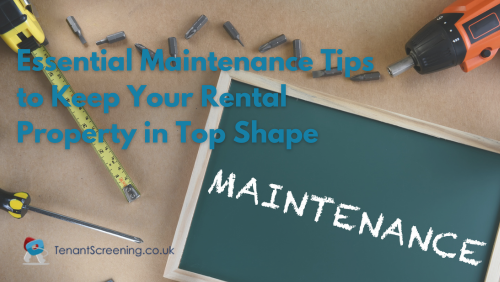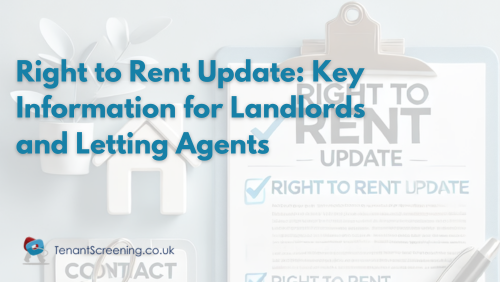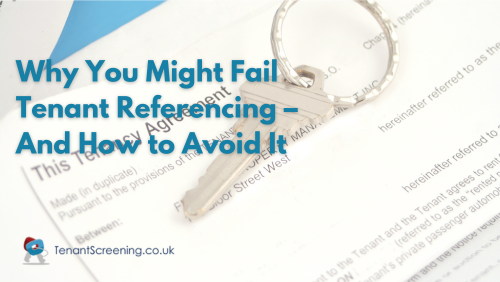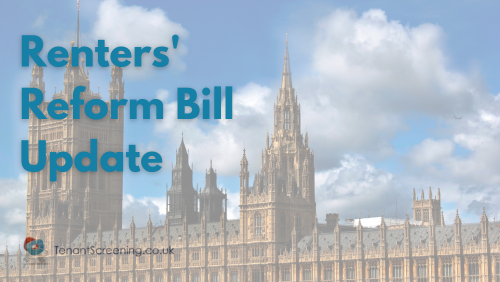How to Handle Tenant Disputes: A Guide for Landlords
Handling tenant disputes effectively is crucial for maintaining a positive landlord-tenant relationship. Here are some tips:
1. Clear Lease Agreements:
Ensure your lease agreements clearly outline responsibilities and rules. A well-drafted lease agreement sets expectations for both parties and helps prevent misunderstandings. Include details on rent payment, maintenance responsibilities, and property use restrictions.
2. Open Communication:
Establish guidelines for communication and encourage tenants to report issues early. Clear and open communication helps build trust and allows you to address concerns before they escalate. Provide tenants with multiple ways to contact you, such as email, phone, or a property management app.
3. Document Everything:
Keep detailed records of all interactions and agreements. Documenting communications, repair requests, and any disputes can provide valuable evidence if issues arise. Maintain a log of all tenant interactions and keep copies of written communications.
4. Seek Mediation:
Consider mediation to resolve disputes amicably. Mediation involves a neutral third party who helps facilitate a resolution. It can be a cost-effective and less adversarial way to address conflicts. Many local councils and landlord associations offer mediation services.
5. Know Your Legal Rights:
Familiarise yourself with landlord-tenant laws to ensure compliance. Understanding your legal obligations and rights can help you navigate disputes effectively. Stay informed about changes in legislation and seek legal advice if needed.
6. Professional Tenant Screening:
Use services like Tenant Screening to select tenants who are less likely to cause disputes. Thorough background checks, credit checks, and reference verifications can help you identify reliable tenants who are likely to adhere to lease terms and maintain a positive relationship.
7. Maintain Professionalism:
Even in challenging situations, maintain a professional and respectful tone in all communications. Professionalism helps de-escalate conflicts and fosters a positive landlord-tenant relationship. Avoid emotional reactions and focus on finding solutions.
8. Address Issues Promptly:
Respond to tenant concerns and repair requests quickly. Prompt action demonstrates that you value your tenants and are committed to maintaining the property. Addressing issues early can prevent them from becoming major disputes.
Final Thoughts
By following these tips, landlords can effectively handle tenant disputes and maintain positive relationships with their tenants. Proactive communication, clear lease agreements, and professional tenant screening can help prevent conflicts and ensure a smooth rental experience.











